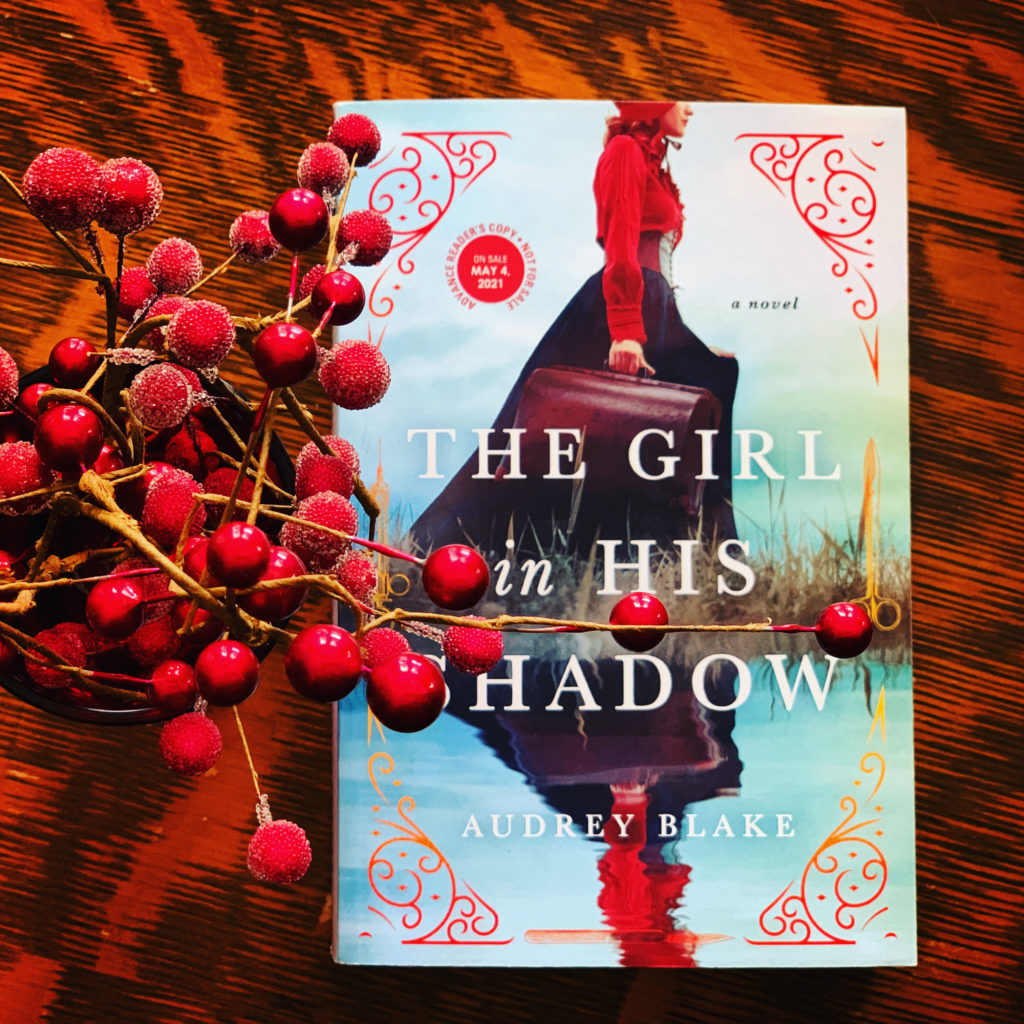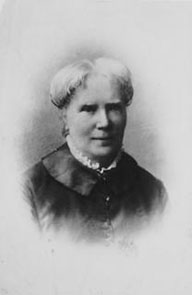
FINALLY, a book where the girl picks her education and her dreams and her passion OVER a man. Finally.
The Girl in His Shadow.
(Bookclub mARCup reading)
I loved it. This drops in May. This is not a typical genre to read for me. It also read very feminist for the times the story is in, which was wonderful.
The story of one woman who believed in scientific medicine before the world believed in her.
Raised by the eccentric surgeon Dr. Horace Croft after losing her parents to a deadly pandemic, the orphan Nora Beady knows little about conventional life. While other young ladies were raised to busy themselves with needlework and watercolors, Nora was trained to perfect her suturing and anatomical illustrations of dissections.
Women face dire consequences if caught practicing medicine, but in Croft’s private clinic Nora is his most trusted―and secret―assistant. That is until the new surgical resident Dr. Daniel Gibson arrives. Dr. Gibson has no idea that Horace’s bright and quiet young ward is a surgeon more qualified and ingenuitive than even himself. In order to protect Dr. Croft and his practice from scandal and collapse Nora must learn to play a new and uncomfortable role―that of a proper young lady.
But pretense has its limits. Nora cannot turn away and ignore the suffering of patients even if it means giving Gibson the power to ruin everything she’s worked for. And when she makes a discovery that could change the field forever, Nora faces an impossible choice. Remain invisible and let the men around her take credit for her work, or let the world see her for what she is―even if it means being destroyed by her own legacy.
Two writers make up this author … AUDREY BLAKE has a split personality- because she is the creative alter ego of Regina Sirois and Jaima Fixsen, two authors who met online in a survivor style writing contest. They live 1500 miles apart, but both are prairie girls: Jaima hails from Alberta, Canada, and Regina from the wheatfields of Kansas. Both are addicted to history, words, and stories of redoubtable women, and agree that their friendship, better and longer lasting than any other prize, is proof that good things happen in this random, crazy universe.
So fascinating.
Elizabeth Blackwell, MD (1821-1910): A fabulous first

In 1849, Elizabeth Blackwell became the first woman in the United States to be granted an MD degree. Blackwell began her pioneering journey after a deathly ill friend insisted she would have received better care from a female doctor.
Turned away by more than 10 medical schools, Blackwell refused a professor’s suggestion that she disguise herself as a male to gain admission. “It was to my mind a moral crusade,” she wrote at the time. “It must be pursued in the light of day, and with public sanction, in order to accomplish its end.”
Blackwell ultimately attended Geneva Medical College in western New York: Male students there asked their opinion agreed to admit her, thinking the matter a mere prank.
In the years following graduation, Blackwell struggled to find work, but in 1857, she co-founded the New York Infirmary for Indigent Women and Children to serve the poor. The hospital, like the Woman’s Medical College of the New York Infirmary she created in 1867 and many other efforts, was also intended to support and encourage women hoping to pursue careers in medicine.
Rebecca Lee Crumpler, MD (1831-1895): An African American pioneer
The first African American woman in the United States to earn an MD degree, Rebecca Lee Crumpler was inspired by an aunt who took care of many ill neighbors. “I early conceived a liking for, and sought every opportunity to relieve the suffering of others,” wrote Crumpler in her groundbreaking 1883 publication, A Book of Medical Discourses: In Two Parts.
Crumpler gained entrance to the New England Female Medical College in Boston, Massachusetts, after working for eight years as a nurse in nearby Charlestown and receiving letters from doctors commending her. When she completed her education in 1864, she became the only black graduate in the school’s history.
Following the Civil War, Crumpler moved to Richmond, Virginia, to care for formerly enslaved people, where she suffered rampant racism and sexism. Still, the experience taught her a great deal about providing care, Crumpler said, and when she returned home to Boston, she served her patients with “renewed vigor.”
Note: No photos of Rebecca Lee Crumpler are known to exist.
So much of female story in history is not taught or told, it is absolutely abhorrent. IT should be taught.
This book was a wonderful story to hopefully spark interest in what women have done and how hard they had to fight and the ridiculousness they had to endure to succeed. Still true today.


